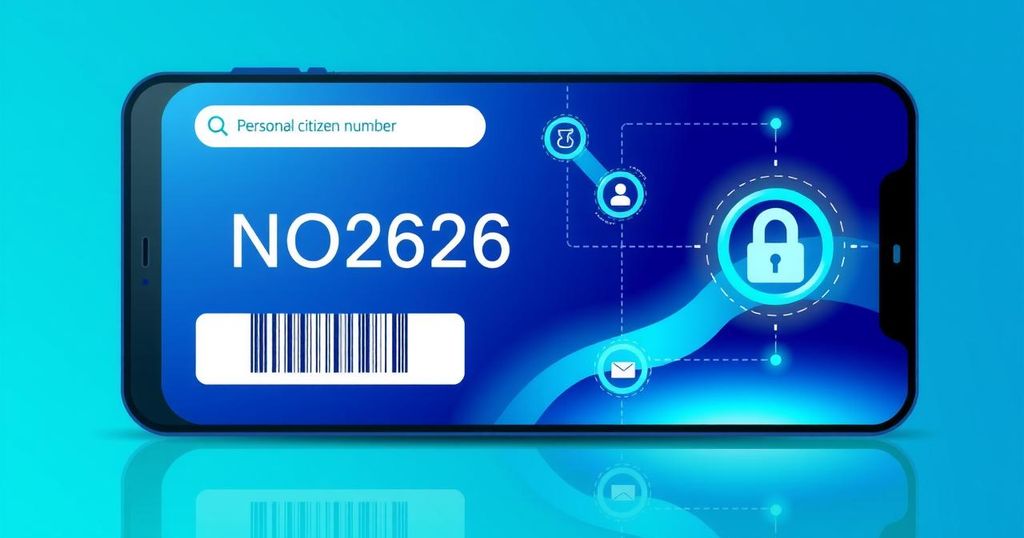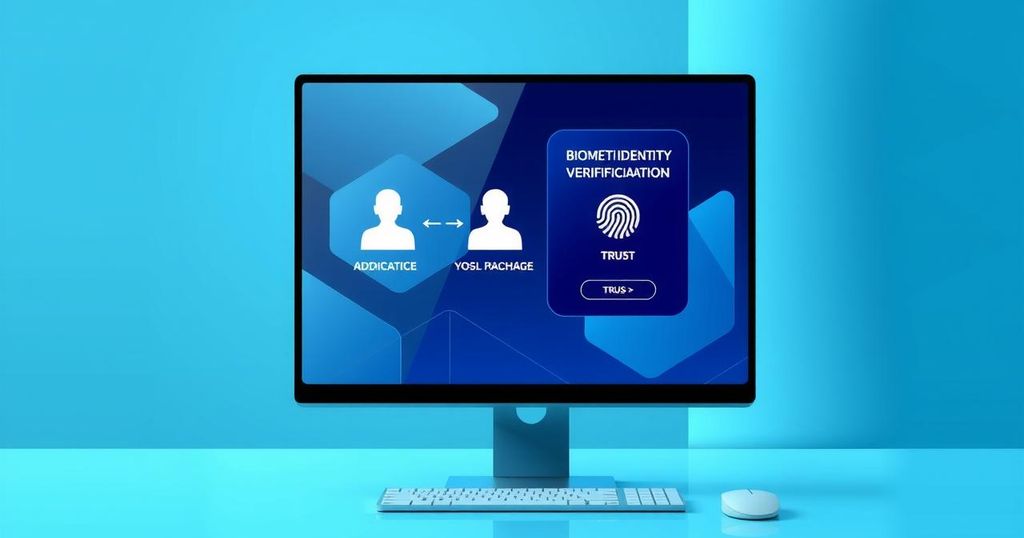The Government Services Prism Report evaluates over 120 biometric vendors, predicting a $202.5 billion revenue opportunity and 6.4 trillion identity transactions globally by 2028. It serves as a strategic guide for government stakeholders, emphasizing the use of biometrics to enhance efficiency and combat fraud. Key insights, challenges, and growth trajectories are outlined, providing valuable data for decision-makers in government services.
The Government Services Prism Report, released by Acuity Market Intelligence, evaluates over 120 vendors in the biometric digital identity space, projecting a revenue opportunity of $202.5 billion and 6.4 trillion identity transactions from 2024 to 2028. This report serves as a strategic guide for government entities navigating the complex landscape of digital transformation, focusing on the application of biometric technologies to enhance service delivery while tackling pressing challenges such as fraud and automation.
The report outlines a comprehensive framework called the Prism Identity Hierarchy, illustrating how biometric solutions can strengthen identity verification. It identifies critical obstacles—including legacy systems and cybersecurity issues—that governments face in the adoption of biometric technologies. Additionally, it offers forecasts predicting an annual growth rate of 39.2% for the biometric market in government services over the coming years.
Significant findings point to the Asia Pacific region leading with 50% of predicted transaction volumes, followed by North America and Europe. The survey conducted within the industry revealed that 66% of respondents are actively seeking or employing biometric solutions, motivated by regulatory compliance and efficiency improvements. High-impact applications of biometric identity extend to civil identity programs, healthcare, immigration, and emergency response.
As part of the 2024 Prism Reports Series, this Government Services Prism Report builds off a proprietary market framework aimed at providing detailed analyses of digital identity technologies. The framework emphasizes the irreplaceable role of biometrics in the secure, reliable linking of individuals to their digital data, particularly in response to rising digital transformation initiatives.
Key organizations have collaborated on this report, including Anonybit, Aware, IDEMIA, and others, contributing to the collective vision of creating secure biometric solutions for government agencies worldwide. Through transparency and independence, The Prism Project ensures that sponsorship does not sway vendor evaluations, thus providing objective insights into the biometric landscape.
The Prism Project is committed to bridging the gap between technological experts and organizations in need of transformative solutions in digital identity. Their research helps influence the future of secure, human-centric biometric applications in government services, paving the way for reliable identity verification processes.
For further information or to download the reports, visit The Prism Project website or contact the provided email address for inquiries and interviews.
The increasing integration of biometric digital identity into government services underscores a critical trend towards enhancing operational efficiency and security. With the global shift towards digital transformations, governments are exploring innovative identity verification solutions to address challenges in service delivery, fraud prevention, and regulatory compliance. The Prism Project’s report not only identifies market trends but also offers strategic guidance for stakeholders in navigating this dynamic technological landscape, providing essential data and forecasts that underline the financial implications and growth opportunities in the biometric sector.
The Government Services Prism Report by Acuity Market Intelligence highlights the immense growth potential of biometric digital identity in government services, forecasting significant revenue and transaction volumes worldwide. By detailing obstacles and success strategies, the report aids decision-makers in optimizing the implementation of biometric solutions. As the sector evolves, continued collaboration among industry leaders will be vital for fostering secure, inclusive identity systems, enabling governments to confidently provide essential services and meet regulatory demands.
Original Source: www.prweb.com





